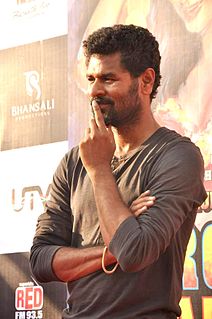A Quote by Honore de Balzac
I prefer thought to action, an idea to a transaction, contemplation to activity.
Quote Topics
Related Quotes
Be aware of the big difference between inspired action and activity. Activity comes from the brain-mind and is rooted in disbelief and lack of faith - you are taking action to “make” your desire happen. Inspired action is allowing the law to work through you and to move you.
Activity feels hard. Inspired action feels wonderful.
For contemplation is both the highest form of activity (since the intellect is the highest thing in us, and the objects that it apprehends are the highest things that can be known), and also it is the most continuous, because we are more capable of continuous contemplation than we are of any practical activity.
But this is that which will dignify and exalt knowledge: if contemplation and action be more nearly and straitly conjoined and united together than they have been: a conjunction like unto that of the highest planets, Saturn, the planet of rest and contemplation, and Jupiter, the planet of civil society and action.
In fact, a large part of what we think of as economic activity is designed to accomplish what high transaction costs would otherwise prevent or to reduce transaction costs so that individuals can negotiate freely and we can take advantage of that diffused knowledge of which Friedrich Hayek has told us.
The study of letters is the study of the operation of human force, of human freedom and activity; the study of nature is the study of the operation of non-human forces, of human limitation and passivity. The contemplation of human force and activity tends naturally to heighten our own force and activity; the contemplation of human limits and passivity tends rather to check it. Therefore the men who have had the humanistic training have played, and yet play, so prominent a part in human affairs, in spite of their prodigious ignorance of the universe.
The Oriental philosophy approaches easily loftier themes than the modern aspires to; and no wonder if it sometimes prattle about them. It only assigns their due rank respectively to Action and Contemplation, or rather does full justice to the latter. Western philosophers have not conceived of the significance of Contemplation in their sense.
The usual method of creation for most human beings is a three-step process involving thought, word, and deed or action. First comes thought; the formative idea; the initial concept. Then comes the word. Most thoughts ultimately form themselves into words, which are often then written or spoken. This gives added energy to the thought, pushing it out into the world, where it can be noticed by others. Finally, in some cases words are put into action, and you have what you call a result; a physical world manifestation of what all started with a thought.






































